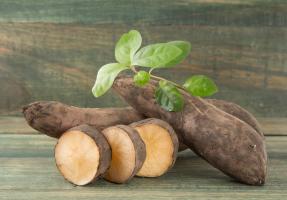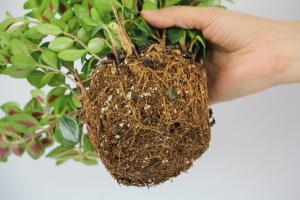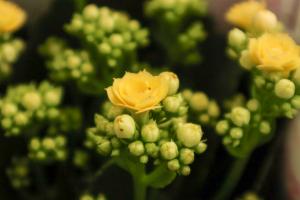Does a Plant Pick Up Contaminants from Plastic Pot?
Plastic pots are now widely used in gardening as they are economical, lightweight, and easy to maintain. However, many are concerned about the safety of using plastic pots, as plastic is known to contain harmful chemicals such as phthalates and bisphenol A (BPA). The question arises if plants can pick up these contaminants from the plastic pot, and if so, what impact it can have on our health.
The Risks of Contaminants in Plastic Pots
When plastic is exposed to heat or UV light, it can break down and release chemicals into the soil. These contaminants can then be absorbed by the plant's roots and transported to its stems, leaves, and eventually its fruits. Phthalates and BPA, two of the most common chemicals found in plastic pots, have been linked to a range of health problems in humans, including cancer, infertility, and developmental issues in children.
Studies on Plant Uptake of Contaminants
A study conducted by the University of California, Riverside found that plants grown in contaminated soil with phthalates absorbed higher levels of the chemical compared to plants grown in clean soil. However, the study also concluded that the amount of phthalates absorbed by plants was still relatively low and within the safety limits established by the US Environmental Protection Agency. Another study by the University of Texas at Austin found that plants grown in soil contaminated with BPA showed no significant differences in growth, biomass, or BPA uptake compared to plants grown in clean soil. These studies suggest that while plants can pick up contaminants from plastic pots, the risk to human health is generally low.
Precautions to Reduce the Risk of Contamination
While the risk of contamination from plastic pots is relatively low, there are some precautions that can be taken to further reduce the risk. Firstly, choose pots made from safer materials such as terracotta, glazed ceramics, or untreated wood. Secondly, avoid using recycled plastic pots as they are more likely to contain contaminants. Lastly, consider using a barrier layer between the soil and the plastic pot to prevent direct contact between the two.
Conclusion
While it is possible for plants to pick up contaminants from plastic pots, the risk to human health is generally low when the proper precautions are taken. By choosing safer potting materials and using a barrier layer, gardeners can reduce the risk of contamination from plastic pots and continue to enjoy the benefits of gardening.

 how many times do yo...
how many times do yo... how many planted tre...
how many planted tre... how many pine trees ...
how many pine trees ... how many pecan trees...
how many pecan trees... how many plants comp...
how many plants comp... how many plants can ...
how many plants can ... how many plants and ...
how many plants and ... how many pepper plan...
how many pepper plan...































